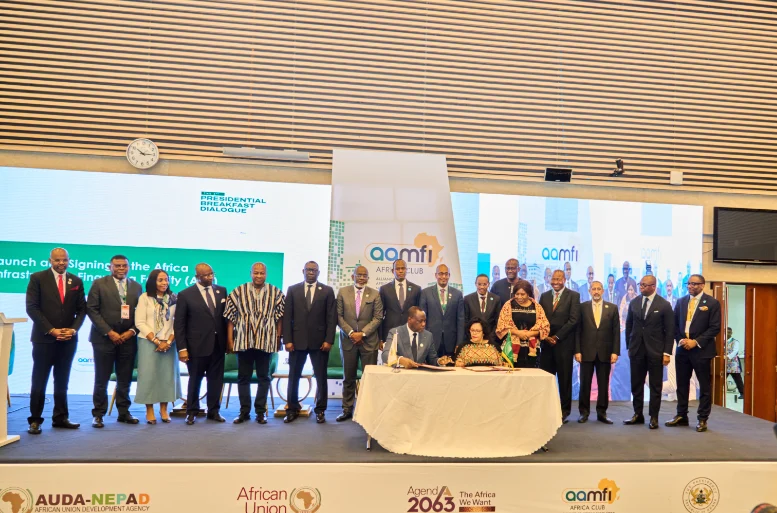The federal government has acknowledged that Nigeria is unlikely to fully meet the infrastructure requirements for conducting computer-based tests (CBT) for the West African Examinations Council (WAEC) by November 2025.
Speaking during a monitoring visit to an ongoing WAEC CBT exam in Abuja, Minister of Education Dr. Tunji Alausa revealed the nation’s current limitations in deploying digital examination infrastructure, particularly to rural and underserved communities.
“Are we going to be ready to provide every single needed infrastructure by November? Absolutely not,” Alausa said candidly.
“But as we move into the future, we will be ready. We must challenge ourselves as a government.”
WAEC CBT Transition: A Step Toward Curbing Exam Malpractice
Dr. Alausa praised WAEC’s bold move to pioneer CBT in Nigeria, describing it as a key strategy in the fight against exam malpractice. He emphasised that computer-based examinations are more secure and efficient and significantly reduce the incidence of cheating.
“We now have clear evidence that when exams are done using technology, the level of fraud is minimised to almost zero,” he stated. The minister reaffirmed the government’s commitment to fully transitioning both WAEC and the National Examinations Council (NECO) to CBT by 2026.
Logistical Challenges and Strategic Planning
Acknowledging the complexity of conducting multiple exams digitally, Dr. Alausa explained that WAEC candidates often take 8–9 papers spread over several days. He assured the public that logistics are being managed effectively by exam organisers. “Those are the logistics we, as administrators, have to work through, and we already are,” he said.
Full CBT Implementation Timeline: WAEC and NECO
The Ministry of Education, in an announcement made in April 2025, confirmed that
- WAEC will begin conducting multiple-choice exams via CBT by November 2025.
- Full transition, including essay papers, is scheduled for the May/June 2026 exam cycle.
- NECO will follow the same digital transformation plan and timeline.
This digital migration aligns with global best practices and aims to modernise Nigeria’s educational assessment system.
Concerns Over Readiness: Experts Weigh In
While the move has sparked optimism, many stakeholders remain sceptical about Nigeria’s readiness. Education experts have raised concerns about infrastructure gaps, particularly in rural schools and public institutions.
According to a report by Nairametrics, Ike Onyechere, founder of Exam Ethics Marshals International (EEMI), highlighted that approximately 67% of Nigeria’s secondary schools operate as “exam magic centres,” a term used to describe institutions notorious for facilitating cheating.
He warned that without proper oversight, the introduction of CBT might not fully eliminate malpractice unless backed by robust infrastructure, training, and supervision.
Bottom Line: Nigeria’s Digital Exam Future in Progress
Despite the challenges, the federal government maintains a positive outlook toward achieving full CBT implementation for WAEC and NECO exams by 2026. Dr. Alausa stressed that digital exams are the future, and the government is strategically working to overcome infrastructure, training, and logistical hurdles. “We are working very hard to eliminate fraud in our exam system, and WAEC is taking the lead,” he concluded.












